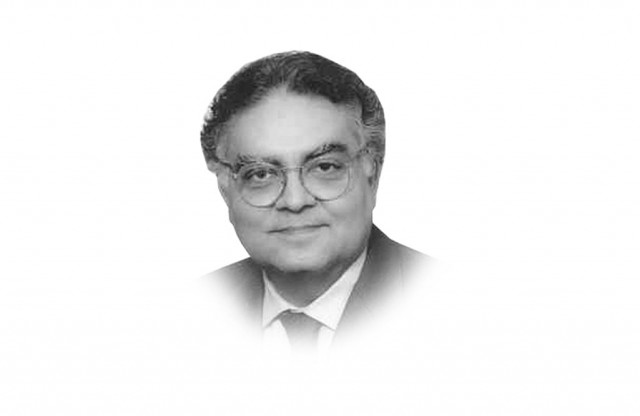Changing the social order
Creating the basis of a fundamental change in the social order is necessary if state and society are to prosper.

The New Institutional Economics suggests that a social order encompasses the political, economic, cultural, religious, military and educational systems. Therefore, changing the social order involves changes in each of these elements and the relationship between them. There are two kinds of social orders in the contemporary world. The Limited Access Social Order of the undeveloped countries and the Open Access Order of the developed countries. The institutional structure of the former is characterised by a coalition of elite that excludes the majority of the population from the process of governance and growth. On the basis of this exclusion, it generates unearned income for itself, uses its power to structure markets in its favour and creates wide interpersonal and inter regional inequalities. Poverty is endemic in such a social order because it precludes thriving markets and sustained long-term growth. By contrast, the Open Access Social Order exhibits systematic competition in both economic and political spheres, free entry and mobility and hence long-term development.
The policy issue in Pakistan is not merely which sector to select as a ‘driver of growth’, or ending corruption by making an example of a few, but must address the question of why attempts at such policies in the past have failed. Changing the social order is the central challenge for both democracy and development in Pakistan.
The essential feature of this change process, as shown by Douglass C North, John Joseph Wallis and Barry R Weingast (in Violence and Social Orders: A Conceptual Framework for Interpreting Recorded Human History), is that it initiates “a series of reinforcing changes in institutions, organisations, and individual behaviour such that incremental increases in access are sustained by the existing political and economic systems at each step along the way”.
Let us indicate the doorstep conditions for initiating the process of changing Pakistan’s social order: (1) Rule of law. This involves subordinating individual or party interests to the obligation of maintaining the balance between various organisations of the state as specified in the constitution. The rule of law also requires the development of new norms that can underpin and are consistent with the formal rules specified in the constitution. (2) The military must maintain the integrity of the state by subordinating itself, in actual practice, to elected civil authority as stipulated in the formal rules of the constitution. This change could be facilitated, if elected governments enlarged their space within the power structure, by delivering economic and social justice to the people who are the source of legitimacy. (3) Foreign policy must be driven not by a ‘national security paradigm’ but by Pakistan’s economic interests and the logic of human security. (4) Social and political organisations that align themselves behind the Change Agenda need to develop democratic rules and norms in their organisational structures and should network amongst themselves to create a mutually reinforcing momentum.
In the present critical crisis, creating the basis of a fundamental change in the social order is necessary if state and society are to survive and prosper.
Published in The Express Tribune, November 1st, 2010.













COMMENTS
Comments are moderated and generally will be posted if they are on-topic and not abusive.
For more information, please see our Comments FAQ